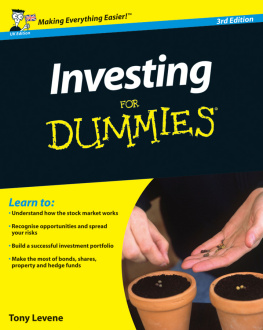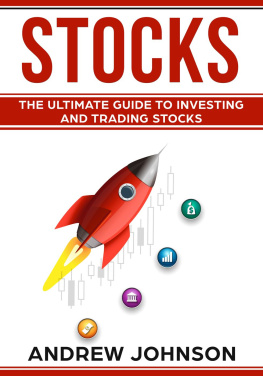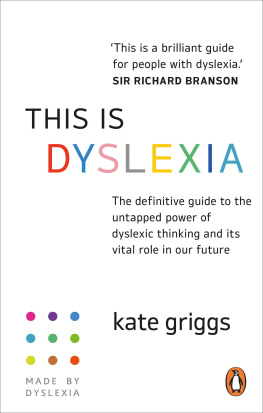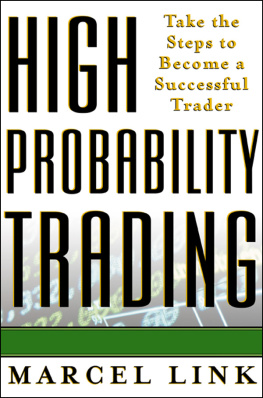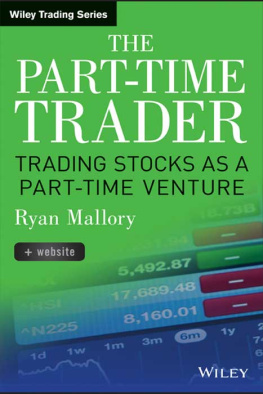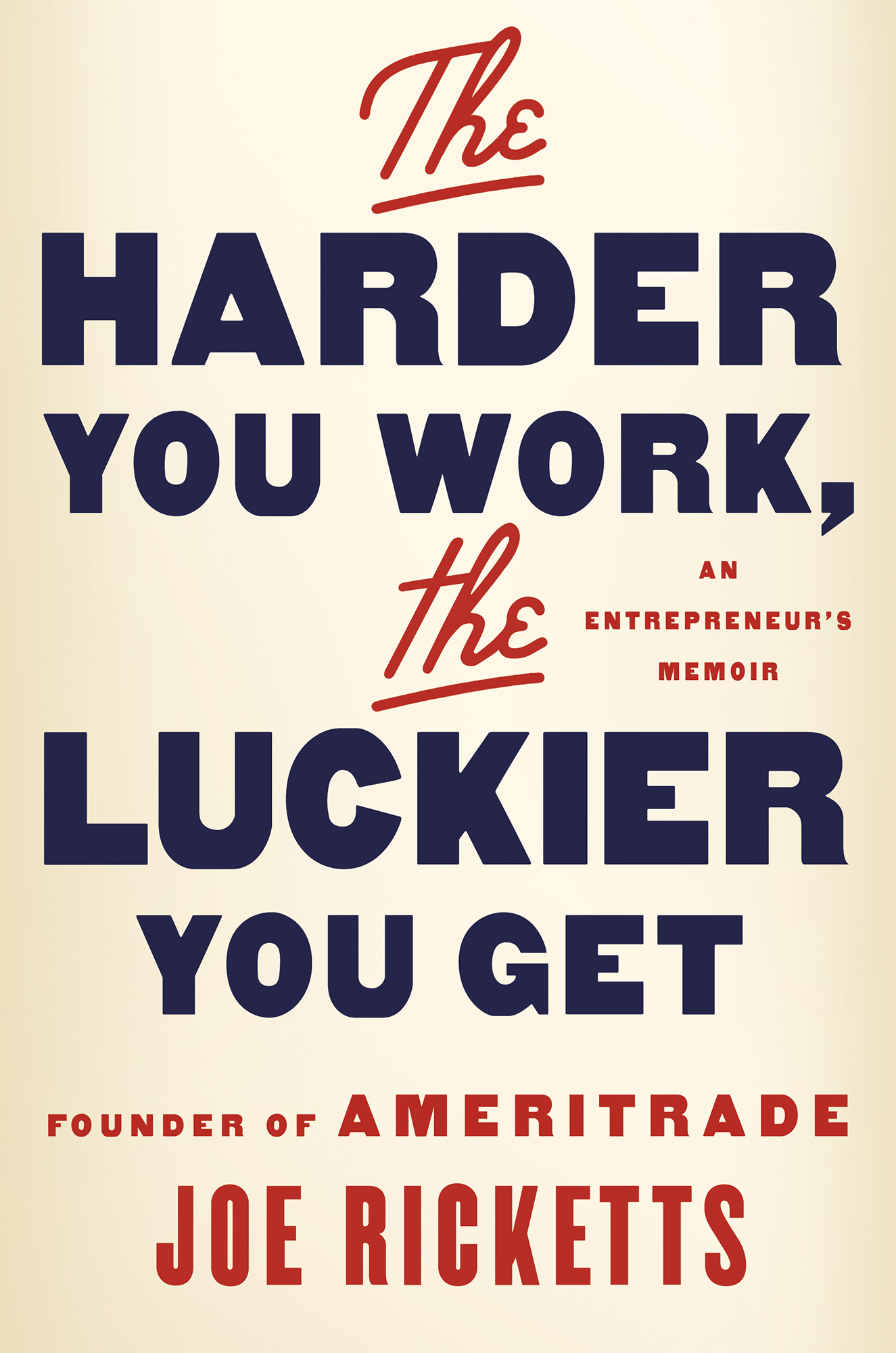Contents
Guide

Simon & Schuster
1230 Avenue of the Americas
New York, NY 10020
www.SimonandSchuster.com
Copyright 2019 by Joe Ricketts
All rights reserved, including the right to reproduce this book or portions thereof in any form whatsoever. For information, address Simon & Schuster Subsidiary Rights Department, 1230 Avenue of the Americas, New York, NY 10020.
First Simon & Schuster hardcover edition November 2019
SIMON & SCHUSTER and colophon are registered trademarks of Simon & Schuster, Inc.
For information about special discounts for bulk purchases, please contact Simon & Schuster Special Sales at 1-866-506-1949 or .
The Simon & Schuster Speakers Bureau can bring authors to your live event. For more information or to book an event, contact the Simon & Schuster Speakers Bureau at 1-866-248-3049 or visit our website at www.simonspeakers.com.
Interior design by Ruth Lee-Mui
Jacket design by Phil Pascuzzo
Library of Congress Cataloging-in-Publication Data is available.
ISBN 978-1-5011-6478-1
ISBN 978-1-5011-6480-4 (ebook)
Insert photos is courtesy of Jerry Gress.
CHAPTER
I remember that day vividly, the smell of wood, the sound of hammers banging, the sawdust scattered on the ground. My father had brought me to a construction site where he and his men were building a new home. I was still a boy, and this was in Nebraska City, where I grew up, a town of a little over seven thousand. The decade was the 1940s, but from the way the men were putting up that housewithout electrical power, using only their hand tools and the strength of their musclesit could have been much longer ago.
Each carpenter wore an apron around his waist, with pockets for the different-size nails he used for different tasks. He would pull out a nail with his left hand, hold it in the spot where it needed to go, and bang, bang, bang it in with the hammer in his right. Construction then was altogether different from the way buildings go up now. Nothing was prefabricated and shipped to them, like the trusses of today. The men had to put up every piece of the building one at a time.
My father had brought my younger brothers and me to the job site and told us to keep out of the way and to pick up trash. When the men finished sawing a board to size and the scrap end fell on the ground, I would pick it up and throw it out. Other than that, I watched. The work was hard and hot. The men got so wet with perspiration that the sawdust stuck to their clothing and their skin. Sometimes they talked with one another about the tasks they were doing, sometimes they joked, but mostly they sawed and hammered without speaking. I remember them as happyworking together, getting something done.
Now here is a mystery. That boy who was brought along to clean up the wood scraps, who grew up in a working-class town with a frontier mentality, would go on to found one of the most disruptive businesses of finances computer age. That business would utilize the latest communications and digital technologies to revolutionize and democratize the clubby, old, highly regulated, East Coastbased financial industryand in the process, the founder of that business would become a billionaire.
I was that boy, but if you had asked me then to share my daydreams and talents, they would have revealed no knowledge of computers or special gift for mathematics, and no visions of vast wealth. My idea of financial success back then went no further than the well-off men of our townthe owner of the drugstore or grocery store, our local dentist and doctor. I had no expectation that I would ever work in the finance industry, let alone help remake its services industry. And in fact, if you had asked my wife, Marlene, who met me in school, she would have told you that I seemed like the other young men. Maybe a bit more of a dreamer, imagining myself in charge of the businesses where I cleaned or clerked, but basically like the others, the sort who grows up to work hard all week to support his family, then goes out on Friday night and feels happy to talk with his friends and drink his fill of beer.
But on the day Im thinking of, there was something new. My fathers construction company had been able to buy a new tool called a buzz saw. I watched the men lay a board across the sawhorses they used to hold it still, put a mark on it, and then switch on the new electric circular saw. It really did buzz. And that was itin a moment, the board was cut to the length they needed.
The men were ecstatic. Dad, though, was calm, quiet. The Rickettses were stoic people. He worked seven days a week, either on the job site or keeping the books. Most days I saw him only at dinner, where it was my mother who would tell us kids if wed done something well, and my father who would let us know what we had done wrong. He was the disciplinarian. I dont believe he ever hugged me, and I knew better than to hug him. You never expressed your emotion in that way, or by saying I love you. But on that day, I could tell by his body language that he was happy. His shoulders were relaxed, and his movements were easy, jovial. This is so wonderful, Joe, he said. It will allow us to get so much done so fast.
That was what he wanted me to understand: the effect this tool could have on their work and their lives. In that sense, he had an innovators eye, not because he had invented the buzz saw but because he saw the possible benefit in it. I did not need to know the concept of productivity or the term early adopter. I could hear the meaning in my fathers voice and see it in the mens smiling, sawdust-covered faces.
When I founded my own business, I would push hard, often against intense resistance, for my company to make advances like that one. Part of our success came from new communications and computer technologies that didnt seem valuable to others back then, and that sound almost like a horse and buggy todaywe were innovating with toll-free long-distance phone calls, touch-tone phones, data storage on cardboard punch cards, early personal computers and slow, primitive email. In discount brokerage, as on my fathers construction sites, success came down to how fast you could execute without a loss of quality, so we were always looking for a faster, better way.
Yet I did not grow up to become a midwestern Steve Jobs, some tech geek in a barn. It was never my interest to understand how the machines worked. I had no special enthusiasm for technology. In fact, I had very little exposure to new technology at all. We were one of the last families in Nebraska City to own innovations like air-conditioning or television, because my parents did not count those things among lifes necessities. But maybe because we didnt have the new machines, I could see better what they could do and what a difference they could make in our lives.
Perhaps its surprising that a little boy who was tasked only with keeping the job site clean and staying out of trouble would have been so affected by the new tool the men were trying out or would remember its effects so well. I think there are two reasons I paid such close attention, and they both go back to my parents and my upbringing.
First, I had seen how very hard my father worked, the double pressure he was always under, to keep revenue coming in while sustaining his reputation for quality. I remember once we heard that a tornado had hit a farmhouse and destroyed it. The people whose home was destroyed belonged to our church. We kids were excited because building a farmhouse meant that Dad would take us out to the farm where we could do things we thought were special, like riding horses, though the farm kids had horses around every day and seemed to think they were boring.




